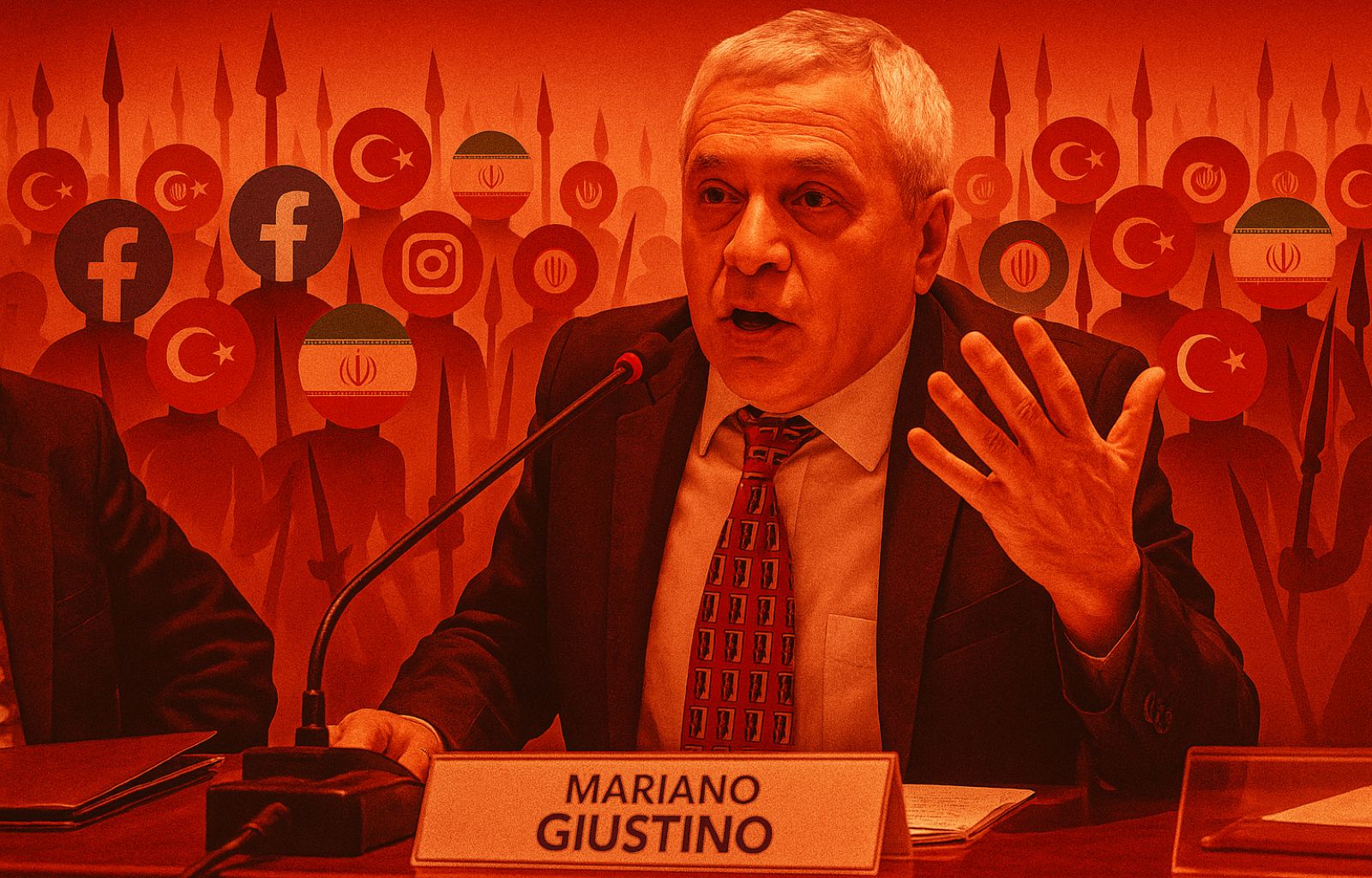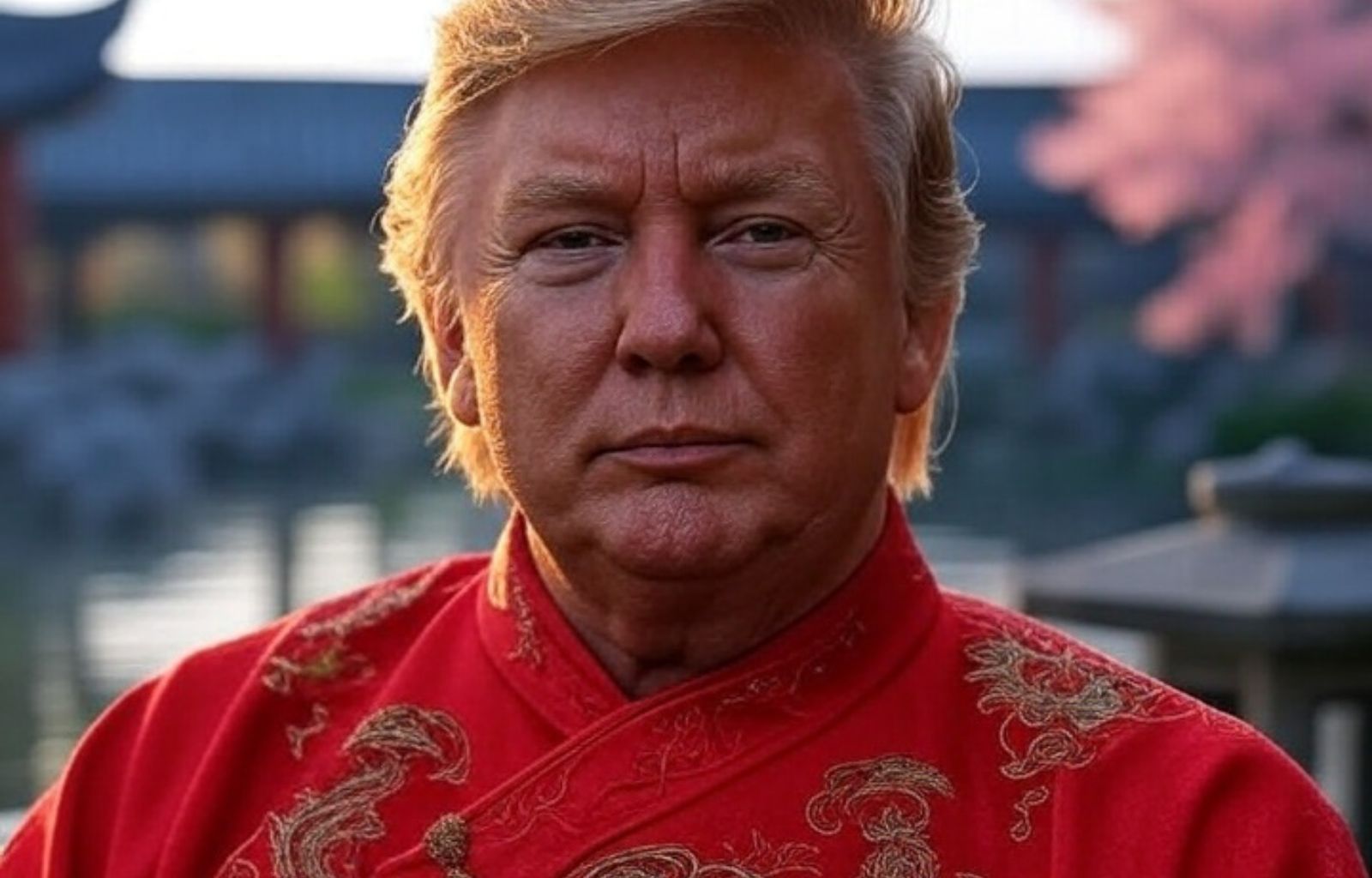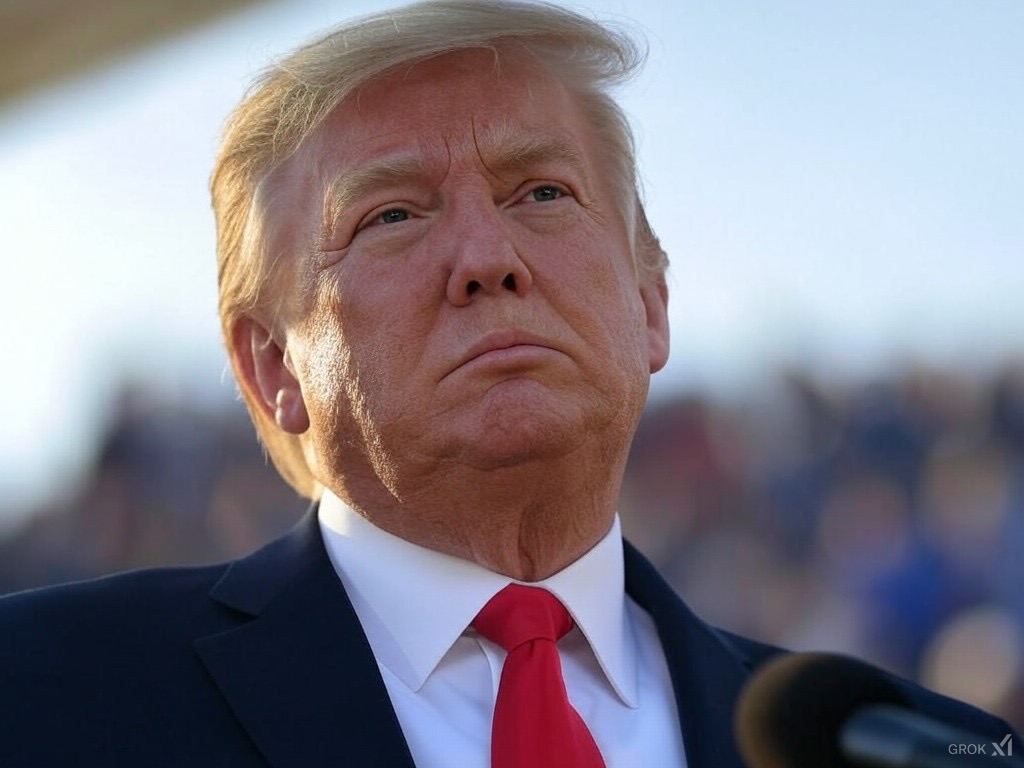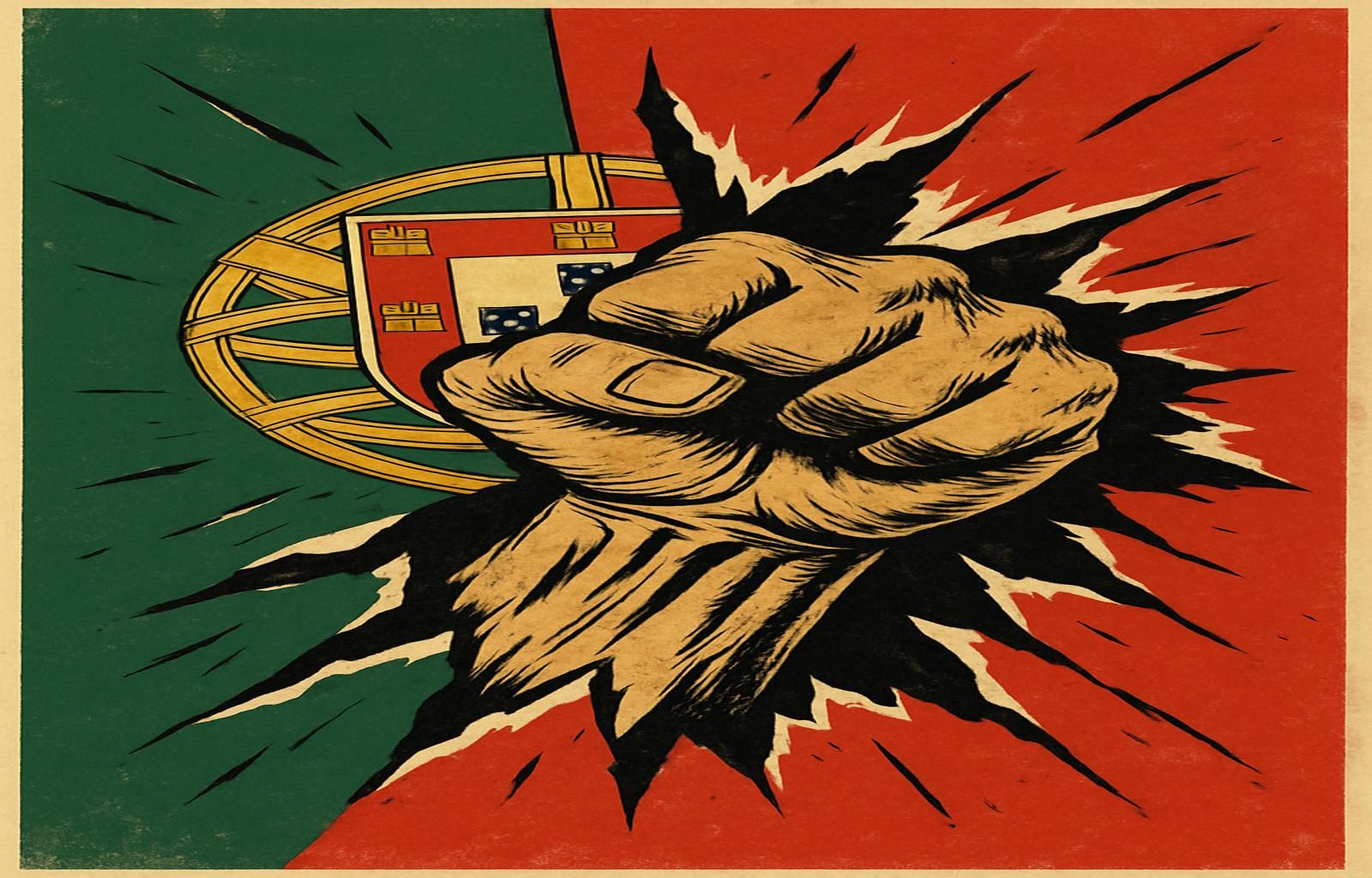Israel attacks Iran: bad news for Europe, with some relief

In the early hours of June 13, 2025, Israeli forces launched a large-scale military operation against targets within Iranian territory. This attack, codenamed “Operation Rising Lion” (in homage to the prophecy uttered by Jacob in the Book of Genesis, as well as the traditional symbol of pre-Islamic Persia), involved the deployment of over two hundred Israeli fighter jets. These jets targeted Iranian nuclear facilities, Iran’s ballistic missile program, and key commanders of both the regular army and the Pasdaran of the Islamic Republic.
The attack struck uranium enrichment plants in Natanz and Arak, as well as the heavy water reactors in Khandab and the main missile site in Khoramabad. It resulted in the death of the head of the Iranian armed forces and several prominent Iranian scientists involved in the nuclear development program. The missile sites in Khoramabad, along with the Revolutionary Guards’ command centers located in Karaj, Qom, and Tehran, were completely destroyed.
Damage to nuclear infrastructure is still being assessed, but according to some Western intelligence services, the attack has dealt a fatal blow to Iran’s ability to resume its nuclear program within the next few years.
Israel is known to possess the world’s most advanced anti-air system (the Iron Dome) and the only directed-energy anti-air weapon in the world, the Iron Beam laser. Using these systems and the world’s most advanced electronic countermeasures, Israeli aircraft were able to operate with impunity in Iranian airspace, without any attempts by Iranian air defense forces to shoot them down.
Oil Prices Soar, Ukraine Trembles
The Israeli attack on Iran had an immediate impact, causing a 15% surge in oil prices, which reached a record high of $76 per barrel—the most significant single-day increase since the large-scale invasion of Ukraine.
For Ukraine, struggling for its survival, the rise in oil prices has serious consequences. Firstly, Ukraine heavily relies on international aid to sustain its economy and finance its war effort against Russia. With the increase in oil prices, the costs of transporting humanitarian and military aid to Ukraine rise, and European budgets shrink, making it more difficult for international organizations and governments to provide the necessary support.
Additionally, the increase in energy prices affects Ukraine’s energy budget, as Ukraine is a net importer of oil and gas and already suffers from concerning inflation (15.8%) and initial defaults on some foreign debts (approximately 600 million euros).
Most importantly, the surge in oil prices provides relief to the Kremlin, which, amid low oil revenues due to Saudi choices and Trump’s trade disruptions, had been accumulating a monthly budget deficit of over 5 billion dollars—an unsustainable hemorrhage for a country at war, which had already pushed dozens of banks and large companies to the brink of bankruptcy.
A Hindrance to Sanctions Against Russia
Furthermore, the rise in oil prices could hinder the efforts of the European Union and the G7 to impose additional sanctions on Russia, especially as they struggle to maintain the effectiveness of existing sanctions (yesterday’s news reported that Sweden would commit, starting July 1, to blocking ships from the “shadow fleet” attempting to pass from the Baltic to the North Sea).
The increase in oil prices makes it more difficult for European countries to impose new sanctions without harming their economies, which are chronically dependent on oil imports. More specifically, it makes the proposal to lower the “price cap on Russian oil” to $45 per barrel seem unrealistic. Until last night, Russian oil had been selling between $47 and $54 per barrel, making it easy for countries like India or Turkey to comply with a $45 cap. Now, with prices surging above $60, compliance with the new European sanctions becomes impossible even for the most pro-Western powers.
A similar argument applies to the famous Graham-Blumenthal proposal, which the U.S. Congress is opposing to Trump’s pro-Russian drift. Eighty-four out of one hundred senators have already expressed willingness to impose 500% tariffs on any country purchasing oil or gas from Russia—a overwhelming majority that would prevent Trump from using his veto power. However, this majority exists only in the Senate; in the House of Representatives, it is still too slim, leaving room for the billionaire’s veto.
Now, if oil prices skyrocket again, few countries would accept the removal of Russian oil from global markets, a further reduction in supply, and an even more unsustainable increase in prices. The direct conflict between Iran and Israel effectively neutralizes the Graham-Blumenthal proposal and revives Trump’s pro-Putin stance.
But for Europe, Not All Is Bleak
On the other hand, the attack has demonstrated the technological superiority of Israel’s armaments, particularly its F-35 fighter jets, which have literally pulverized Iran’s air defense systems and fighter jets, many of which were of Russian manufacture. In fact, the F-35s were able to strike the private apartments of the Pasdaran in the heart of the Persian capital and return to their bases unscathed.
This success could bolster the confidence of NATO allies in their military capabilities in the event of a conventional conflict with Russia, for which increasingly ominous signs are being observed in the Baltic countries. Currently, air superiority is the last true ace that European NATO countries have up their sleeve to win such a conflict. Once the war takes on the form it has today in Ukraine, with vast volumes of artillery munitions and a 40km crater around the front patrolled by drones, the Europeans, incapable of producing either the munitions or the drones, would undoubtedly be defeated.
The demonstration of Israel’s technological superiority could also encourage further investments and defense partnerships among European countries, strengthening NATO’s position in the current geopolitical context.
In conclusion, the ideal scenario for us Europeans would be a rapid cessation of direct hostilities between Iran and Israel: we would take away the demonstration of the superiority of our armaments over the Russian ones, but the surge in oil prices would subside within a few weeks. Moreover, if after this setback Iran wanted to change its posture in the nuclear talks, it would know that it could find in the Europeans more neutral and compromise-ready interlocutors compared to the U.S. MAGA.
Unfortunately, the ball is in the court of Netanyahu and Khamenei.











